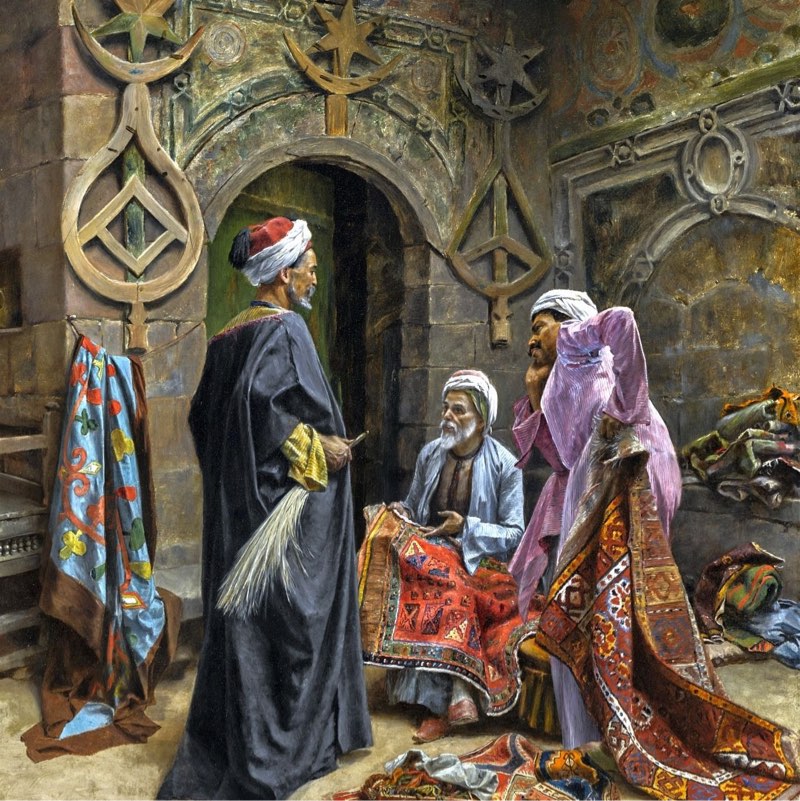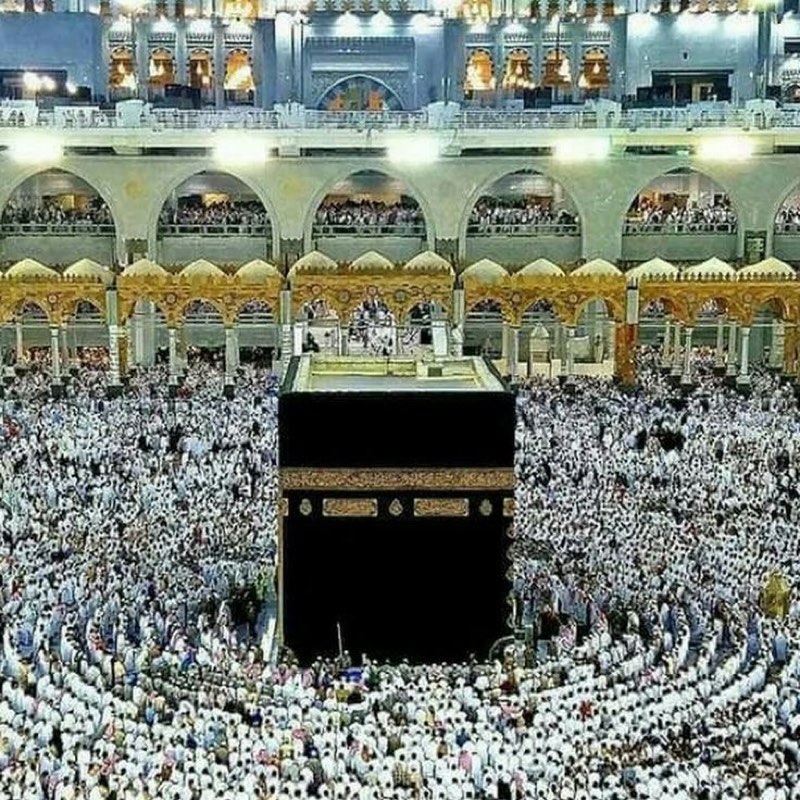Was circumcision practiced by pre-Islamic Arabs considered divine as Jews did according to the Torah since it originates from Abraham?
This question reflects the curiosity surrounding the historical practices of circumcision in different cultures. While circumcision is commonly associated with Judaism and its significance in the Abrahamic faiths, its presence among pre-Islamic Arabs is a topic of debate among scholars.
It is essential to note that the exact nature and significance of circumcision among pre-Islamic Arabs is not extensively documented.
In the Jewish faith, circumcision holds immense religious and cultural importance. According to the Torah, God establishes a covenant with Abraham, commanding him to circumcise himself and all male members of his household. This act symbolizes the everlasting covenant between God and the Jewish people. For Jews, circumcision is seen as a sacred commandment, a physical mark of their religious identity, and a way to connect with their ancestors.
Some scholars, however, believe circumcision among pre-Islamic Arabs was more of a cultural tradition than a religious one. Arab tribes practiced circumcision for various reasons, including hygiene, social acceptance, and rites of passage into adulthood. It served as a distinguishing mark for tribal affiliation and was often performed during adolescence or adulthood.
With the advent of Islam in the seventh century CE, circumcision gained new significance within Arab culture due to its inclusion as one of the practices recommended by Prophet Muhammad (peace be upon him). Islamic tradition views male circumcision as part of fitrah (natural disposition) following Abraham's example rather than an obligatory religious duty like prayer or fasting.
As a matter of theological interpretation, some scholars argue that circumcision is a sacred tradition that originated with Abraham, similar to the Hajj ritual.
This belief is based on the idea that Abraham, considered the father of monotheism in Islam, was commanded by God to circumcise himself and his sons as a symbol of faith and devotion. As such, circumcision is often seen as a holy act and a way to uphold the traditions of the faith.
Indeed, it holds significant importance within the Abrahamic faith as emphasized by the Surah 16, verse 123 of the Quran:
ثُمَّ أَوْحَيْنَآ إِلَيْكَ أَنِ ٱتَّبِعْ مِلَّةَ إِبْرَٰهِيمَ حَنِيفًا ۖ وَمَا كَانَ مِنَ ٱلْمُشْرِكِينَ
Then We revealed to you [O Muhammad], ‘Follow the creed of Abraham, a Hanif, who was not a polytheist.’
In summary, in pre-Islamic Arab culture, circumcision, the Hajj pilgrimage commemorating Abraham's sacrifice of his firstborn son Ishmael, and the miraculous well of Zamzam associated with Hagar were considered divine as they originated from Abraham. The emergence of Islam aimed to restore these practices to their original state since they are part of the Abrahamic religious heritage.


